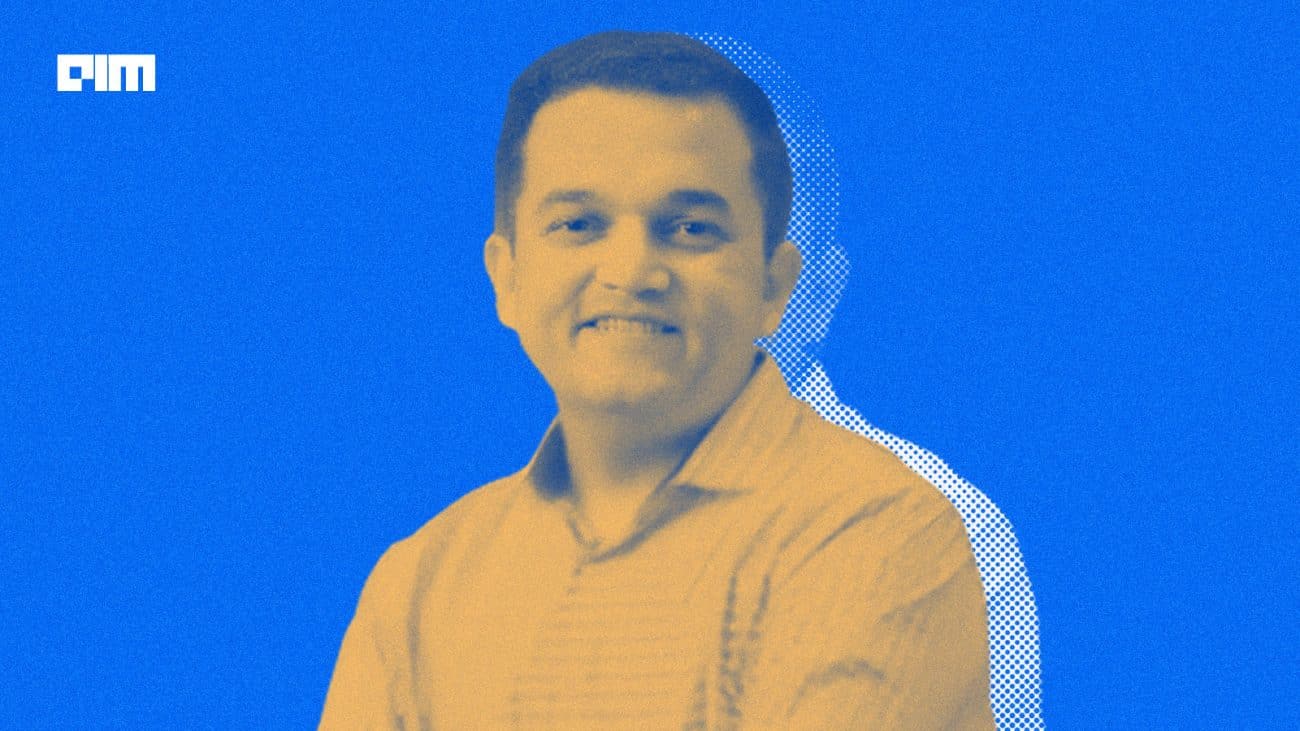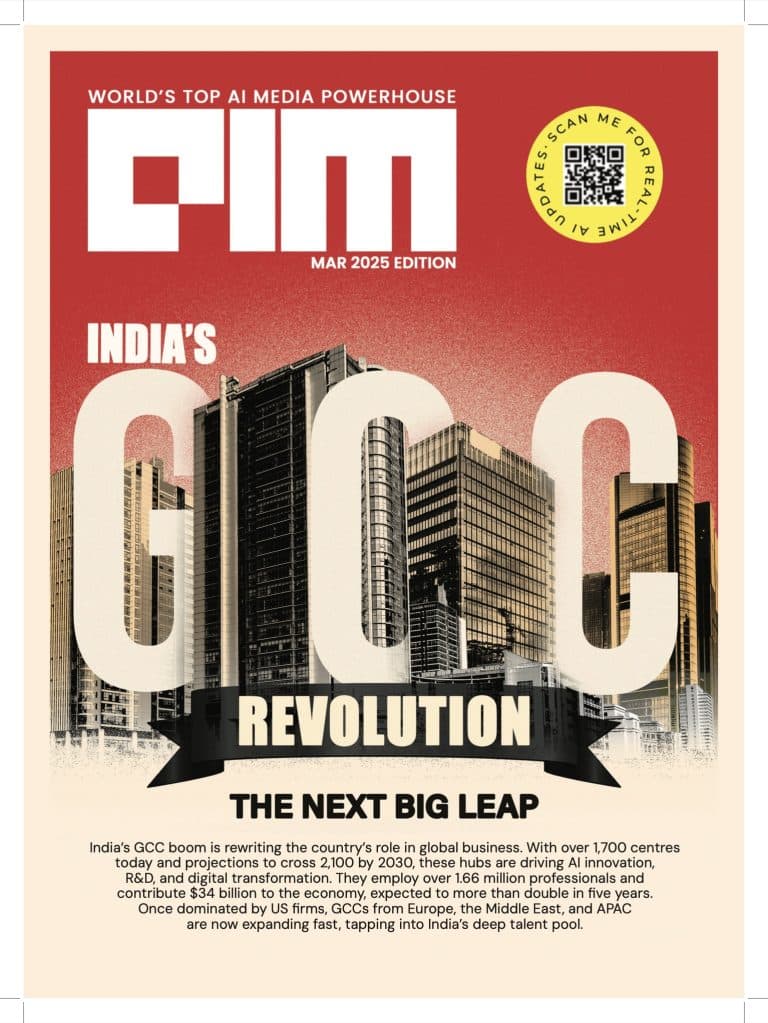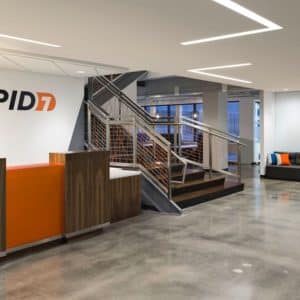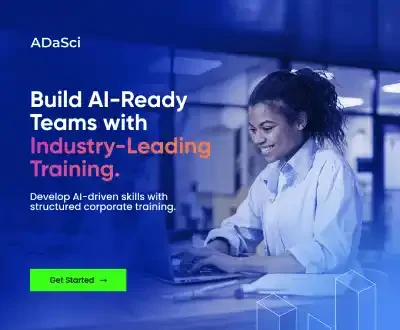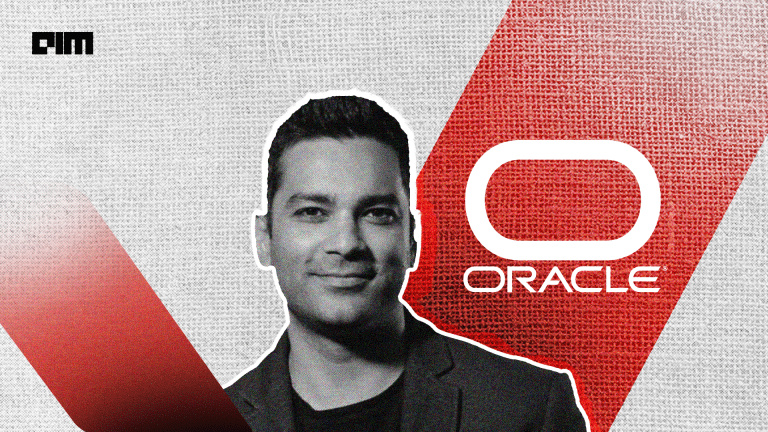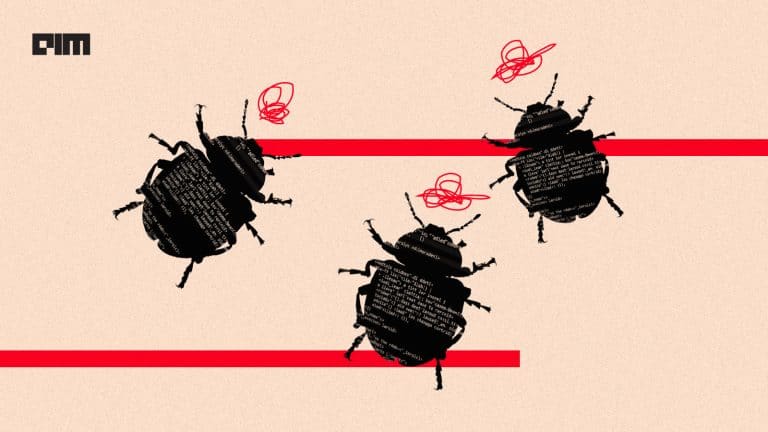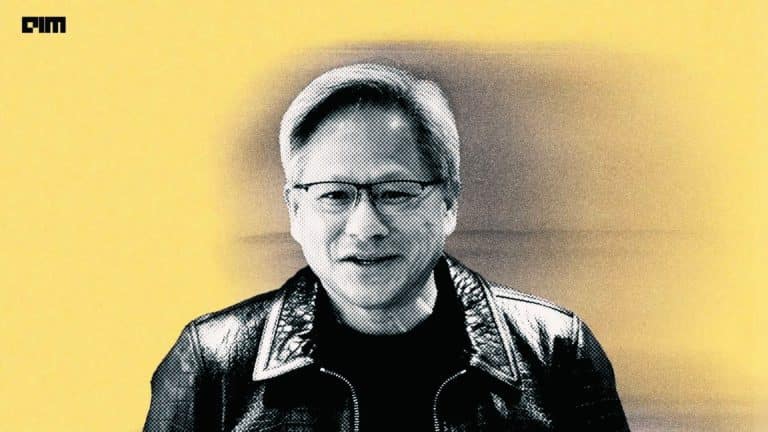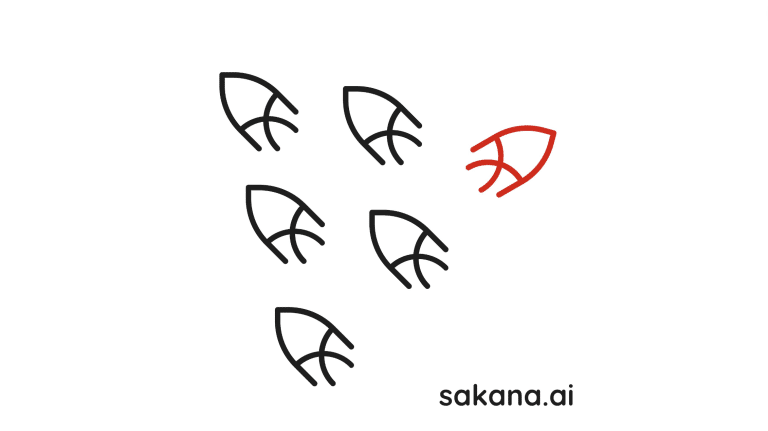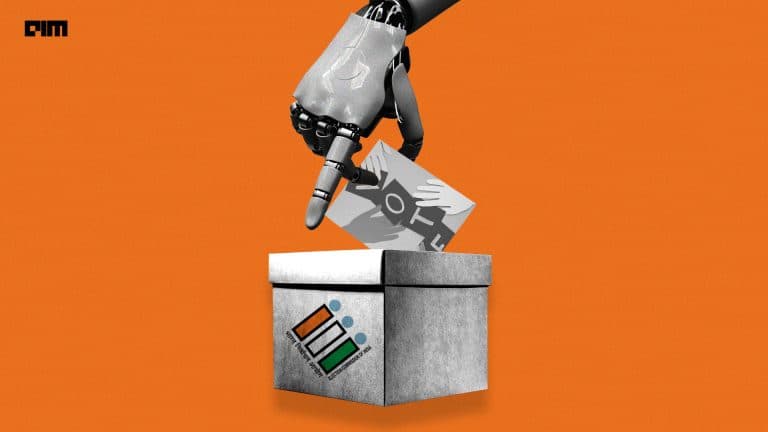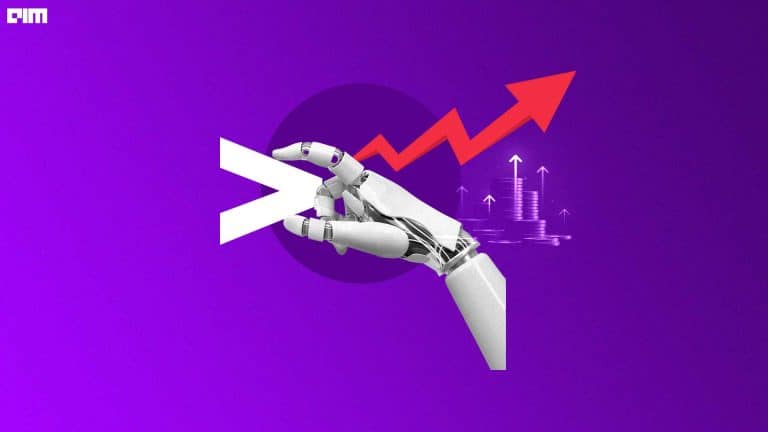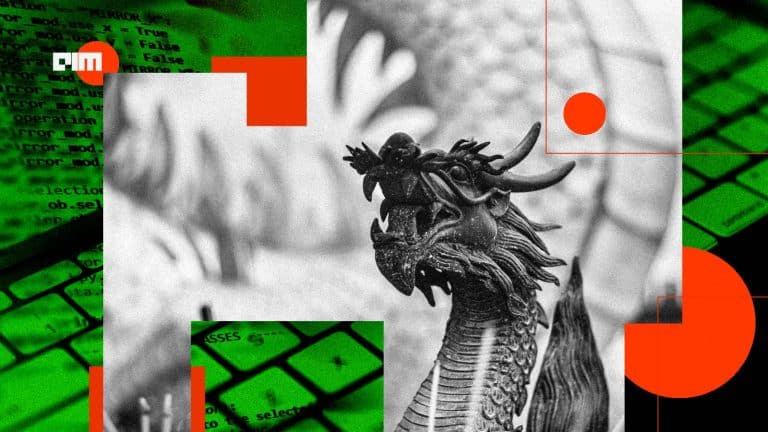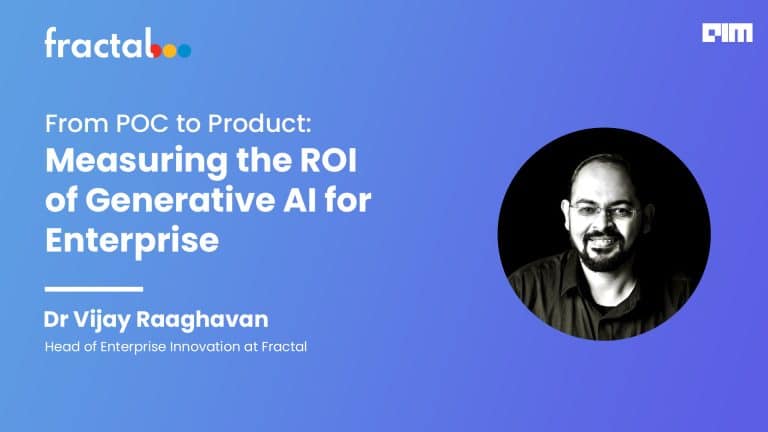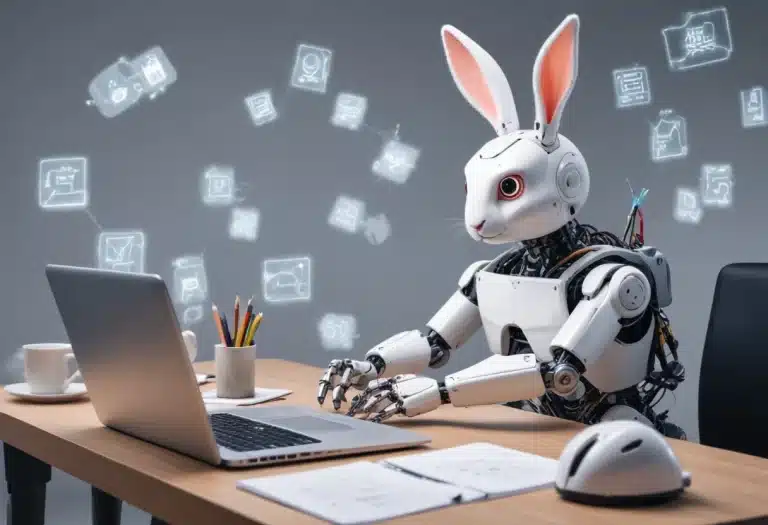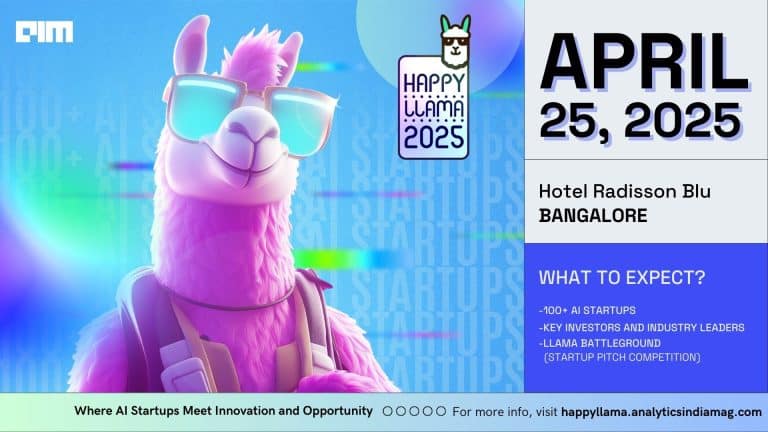For global capability centres (GCCs) in India to become self-sufficient, the journey starts with aligning strategic priorities with their capabilities to maximise impact.
But true self-sufficiency goes beyond mirroring global operations—it requires building strong core skills and deep expertise in key areas like transition risk, sustainability, and business transformation.
Right from the start, Pega India, part of the global Pegasystems, has focused on building the right culture, one that fosters innovation, accountability, and ownership.
In an exclusive interview with AIM, Goutham Parcha, vice president of the applications group at Pega, said, “We never wanted to be just an execution-focused office.”
The GCC, he said, was a microcosm of the global Pega, having people in multiple business functions.
The company has nurtured talent, allowing employees to take on global roles and leadership positions. The long tenure of many employees is proof of the strong foundation built over the years.
Deepak Visweswaraiah, vice president of platform engineering and site managing director at Pegasystems, shared a similar sentiment. He told AIM that GCCs must focus on leveraging talent and integrating the local centre into the company’s global strategy rather than cost-cutting.
Today, Pega India has around 1,900 employees, based mainly in Hyderabad (1,200 people) and Bengaluru (450 people), with some working remotely. Parcha further states that the way these teams collaborate across different functions makes Pega India a true reflection of global Pega.
Building the Future with Pega Cloud
Pega India’s growth is driven by one of its biggest innovations, Pega Cloud, which helps clients build and deploy applications on cloud infrastructure.
Parcha said that the India team plays a significant role in cloud engineering and client management, especially in helping businesses transition from on-premise setups to the cloud. He further added that Pega cloud is hosted on AWS and Google Cloud by default, which connects to GenAI models.
Another area of strength for Pega in India is its core product engineering, which has been the GCC’s expertise for over 15 years. A standout achievement in this space is Constellation technology.
“If someone wants to build an application on Microsoft or Java, one of their biggest struggles is getting the UI/UX right,” Parcha said. “They have to hire experts in React, Angular, and JavaScript. But with Constellation, we take care of all that. You don’t need to be a front-end expert—you can build world-class applications with ease.”
AI Running the Show
Parcha said that Pega India takes great pride in its AI center of excellence. “There’s a lot of work going on in the AI front, both the statistical and the traditional AI. Over the last 10+ years we’ve invested a lot in our AI models, be it adaptive models, predictive models or NLP.”
A key moment in this journey was Pega’s acquisition of Chordiant in 2010, which significantly strengthened the company’s AI capabilities.
While Pega has built strong expertise in predictive AI, it takes a different approach to generative AI. Instead of developing its own large language models (LLMs), the company integrates with the best models available in the industry.
“On the generative AI side, we’re keeping it very open-ended,” Parcha explained. “We connect with Microsoft, OpenAI, Google’s large language models, and others. Models are evolving rapidly, and we’re not in the business of building them. Instead, we focus on governance, security, scalability, and resilience,” he clarified.
Pega’s Fascination for Campus Hires
Pega India is continuously expanding its team, having hired over 200 new employees last year alone. The company recruits talent at multiple levels, maintaining strong partnerships with universities through its campus hiring programs.
Pega actively engages with IITs, NITs, BITS, and other regional colleges, bringing in fresh graduates. “There’s a lot of lateral hiring going on, but hiring at the university level has worked out wonderfully well for us. I think we have a strong appreciation for the campus hires from these colleges,” Parcha said.
In addition to campus hiring, Pega India conducts lateral hiring for specialised roles, ensuring the right expertise is brought in where needed.
“40% of our individual contributors are people who have more than 10 years of experience, which is a rare thing in India because Indians are fascinated with becoming managers,” Parcha pointed out.
He further added that this depth of experience allows new campus hires to learn from industry veterans, making mentorship a core part of the organisation.
The Story of Blueprint
Pega India fosters an innovative spirit, where ideas are encouraged, explored, and turned into real products. A prime example of this is Pega GenAI Blueprint, a new product that was conceived in a hackathon and quickly developed into a full-fledged offering.
By combining generative AI with decades of expertise in building applications, Blueprint can instantly create a workflow, data model, and personas for the application.
Pega, as a strategy, does not actively sell its solutions in India but focuses on global markets. As Parcha stated, “We don’t have a strategy or we’re not proactively selling within the region, but it’s all about somebody reaching out to us, and we go and help them out.”
However, there have been instances, as Parcha referred to, where Indian state governments have approached the company to manage citizen services.
Pega’s technology has been utilised for various government functions, including college admissions counselling, loan disbursements for underprivileged citizens, and applications for government-backed broadband connections.


